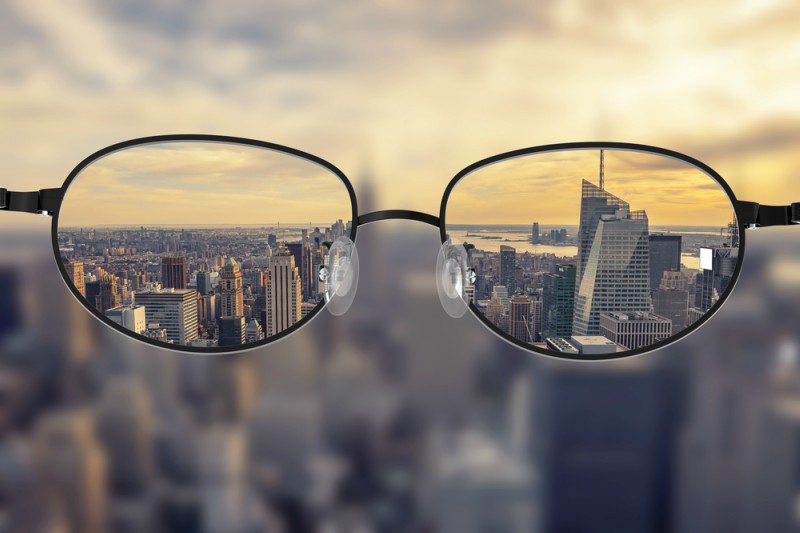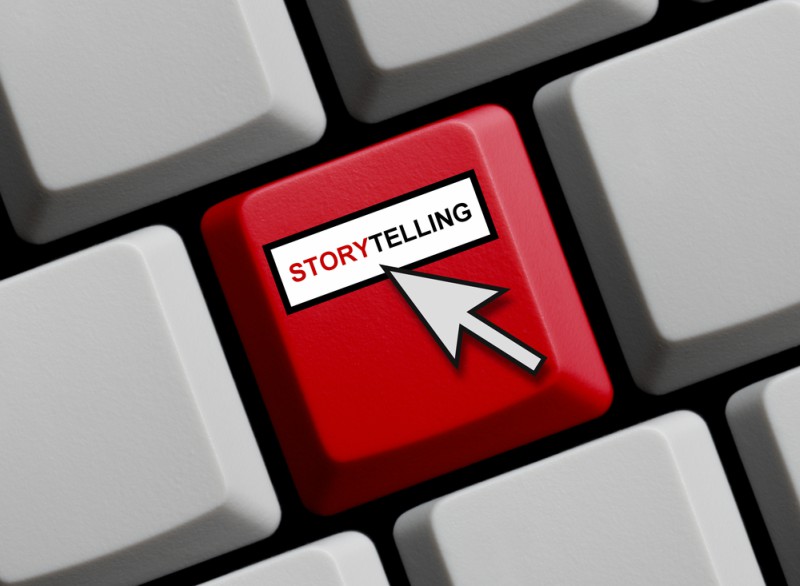MSL 29 Jan 2018 // 1:42PM GMT

Fake news, from misleading stories in our social streams to photo manipulation to propaganda campaigns have been well chronicled threats to influence. But an even more disturbing form of fake news threat is on the horizon – manipulated video so well executed that it’s hard to tell that it is forged. Communicators and marketers throughout the industry need to stand together to address this threat before it gets real traction.
What kind of technical dangers are we talking about? To begin with, there’s already advanced technology that can seamlessly manipulate the facial image of another person.
For example, we can make a celebrity smile through AI-powered software using semantic identification of other images similar to the one being manipulated. By finding pictures where the celebrity is smiling, and blending copied pixels with the original image, one can create a new and improved image indistinguishable from an authentic photo.
On one hand, this may be a harmless technological aid for photographers and publishers, but according to James Vincent of “The Verge,” “it’s just a small hint of what’s to come as artificial intelligence opens a new world of image, audio, and video fakery.”
What if technology is used to manipulate the lips and facial expressions and ultimately the voice and words of a world leader using a human puppet? This video demonstrates how a human model can literally change the facial movements of former President George W. Bush, Vladimir Putin and President Donald Trump using real-time facial reenactment technology. https://www.youtube.com/watch?v=ohmajJTcpNkl
Doctored video content with false words flowing from the mouths of influencers and leaders alike will usher in even more realistic fake news and the possibilities are frightening. In the wrong hands, this technology could not only disrupt marketplaces by artificially increasing or decreasing sales, it could manipulate elections and even start wars. And in that, it is an emerging threat to our own business of influence.
Influence is the heartbeat of MSL’s business. It is our specialty and is the core value we deliver to clients. “Augmented influence,” powered by technologies from AI to VR, has given influence new powers recently to provide true business impact to our clients’ businesses. That’s why it is critical we stand up and protect our ability to influence.
There is no question that the influence economy needs to rest on a solid foundation of truth. As those who manage the flow of credible influence, we share the responsibility to step forward to protect the foundation of our businesses and the pathways of commerce and communications for our clients.
Where do we start? In our own businesses.
For example, MSL will not work with vendors that perform video manipulation in ways not transparent or disclosed. Of course, we will not accept assignments from clients that ask for these things.
From our perch on the front lines at the intersection of technology and influence, it’s likely we may see this kind of misuse early-on. When we uncover this kind of misuse, MSL will point it out and share the information with others in the industry.
I also encourage agencies, companies and brands to strengthen their early warning systems around fake news and “influence breaches. ”This is no longer a casual task. Moment-to-moment feedback and speed are critical in capturing potential offenses, particularly those driven by machines.
Agencies and brands have the resources to guard the gates in ways that others cannot, including the influencers themselves. Sharing information across the industry has tremendous value and is a strong action on the side of truth. Cooperation through trade associations and groups as well as with relevant authorities strengthens the entire ecosystem.
The communications community should also insist that the social channels continue to do their part to stay on top of the evolving threats and take strong action as newer threats emerge.
Let me point out that education is also part of what is called for here. Our industry has done much to maintain a strong discussion around the challenges of fake news. It needs to continue. The PR Council in the U.S. has spearheaded industry support for the News Literacy Project that educates students and society as a whole about the importance of credible information in a democracy. These kind of initiatives deserve our support.
There are those who think the rise of fake news has less to do with the technology that disperses it than it does the choices of the human beings at the controls. Of course, the need to maintain clear ethical guideposts and mark where the lines are drawn has never been greater for those of us in communications. A solid ethical core is critical to staying on the right path.
But we can’t leave it at that. I also believe that we need to do all we can to defend against the misuse of technology, particularly the emerging threat around fake video and digital content powered by AI. These efforts will ensure our companies and our clients continue to prosper through the powerful channels of influence.
 Guillaume Herbette is the Global CEO of MSL based in Paris.
Guillaume Herbette is the Global CEO of MSL based in Paris.


































.jpg)















